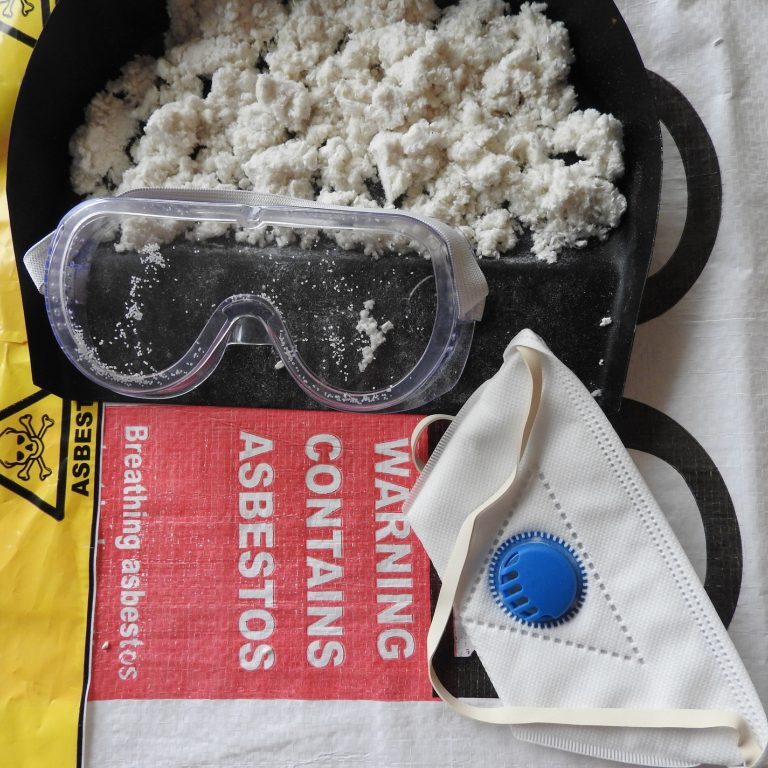Philadelphia, like many older cities, has numerous school buildings that contain asbestos. Deferred maintenance has led to delays in the repairs of asbestos containing materials in schools. Since 2019, eleven schools have been partially or fully closed due to damaged asbestos materials while 80% of the 214 Philadelphia schools are believed to contain asbestos materials.
Children may be more at risk of exposure to friable asbestos in schools because of their level of activity. Parents have been appropriately concerned about the asbestos exposure of their children and are not sure how to evaluate the hazard. Should they complain and wait for needed repairs or demand school closure?
Although the most serious effects of asbestos exposure arise many years later in the form of mesothelioma and other cancers, exposure to asbestos at any stage in life can increase the risk of cancer. We believe that parents, students, teachers and staff deserve answers.
The Program
In partnership with the Philadelphia Healthy Schools Initiative, our Center has designed a program to use federally required Asbestos Hazard Emergency Response Act (AHERA) reports on the condition of asbestos in each school and analyze the hazard that it poses.
View currently available reports
We will use the AHERA reports to design school specific communication materials for parents and staff beginning in elementary and middle schools in the most environmentally vulnerable neighborhoods in Philadelphia. This program is expected to help clarify where there are, and are not, significant risks to human health.




